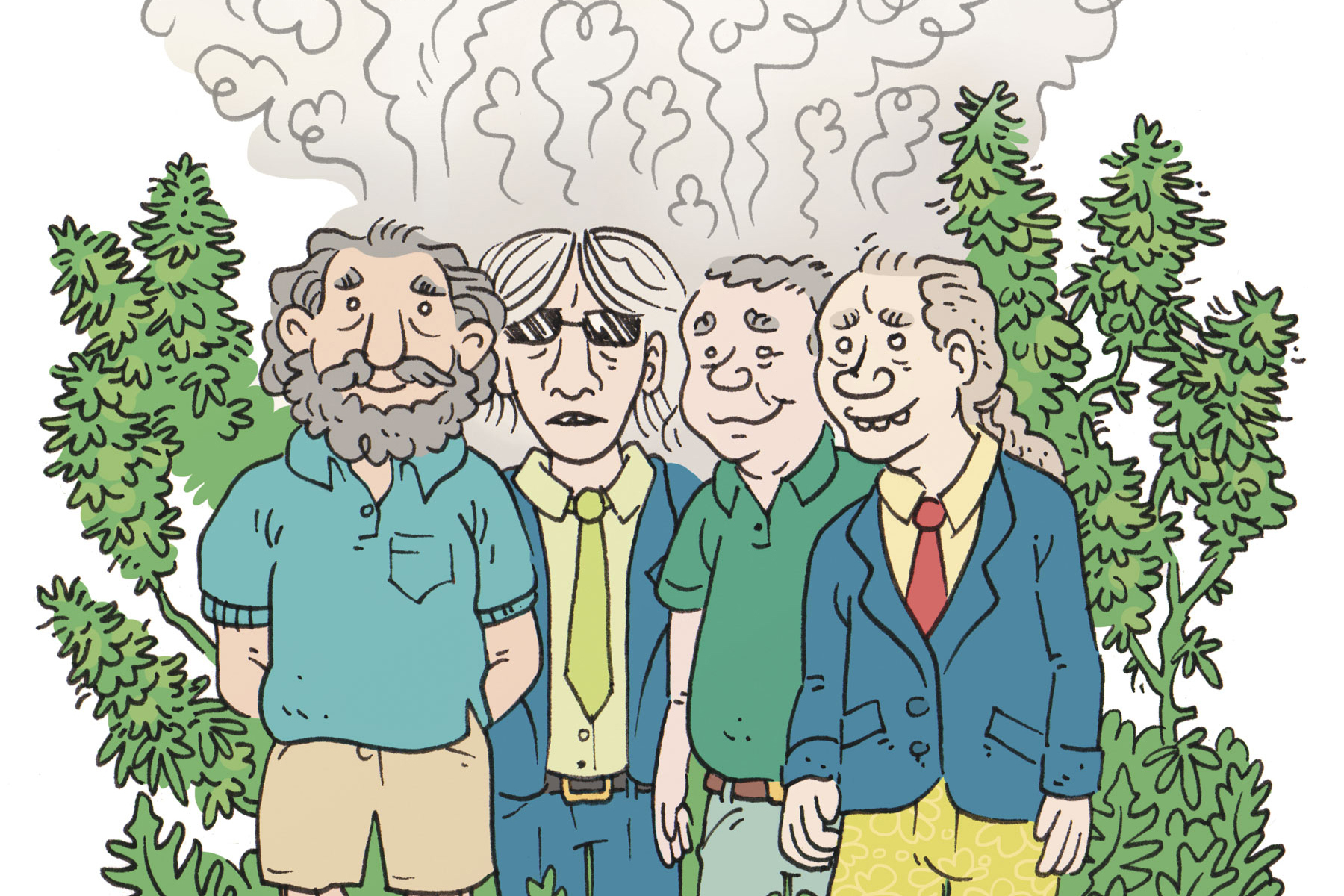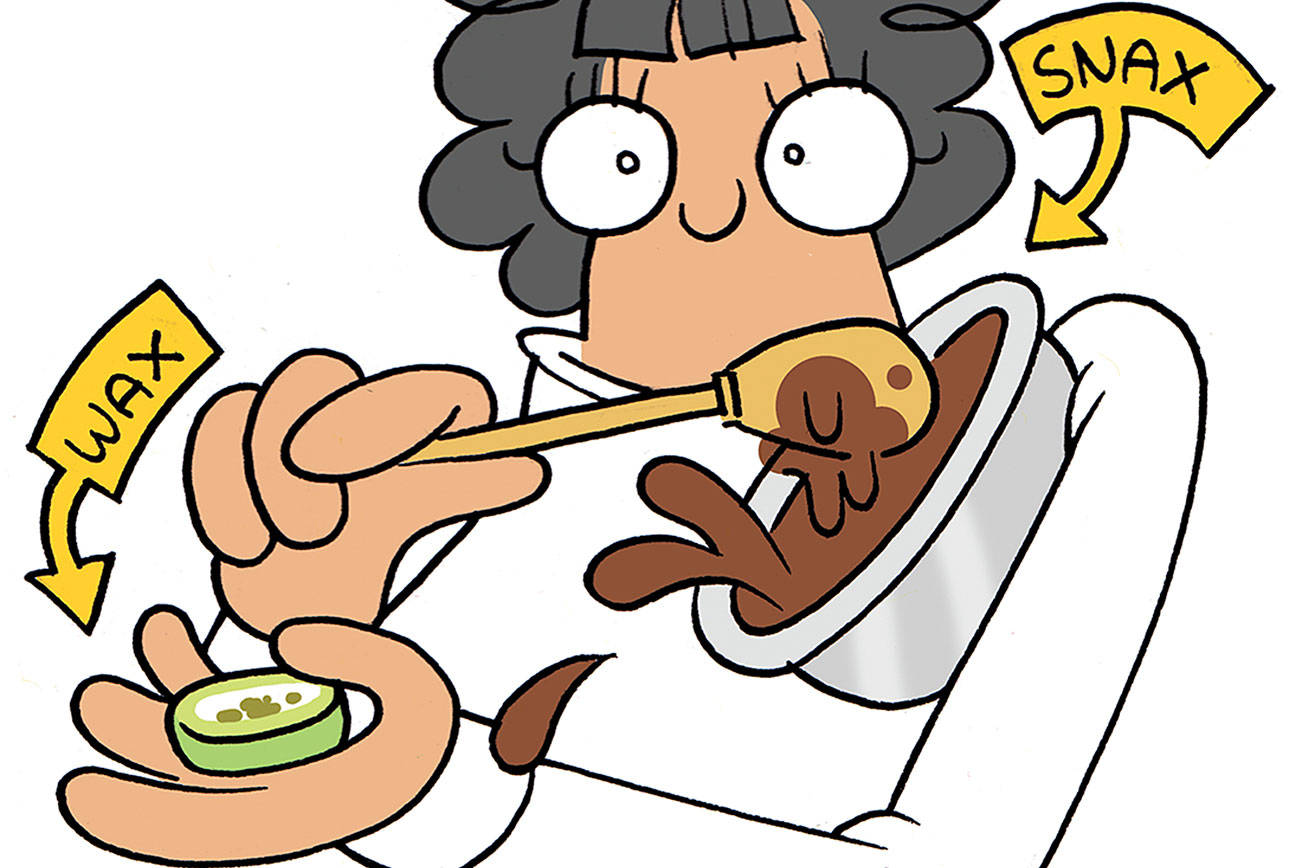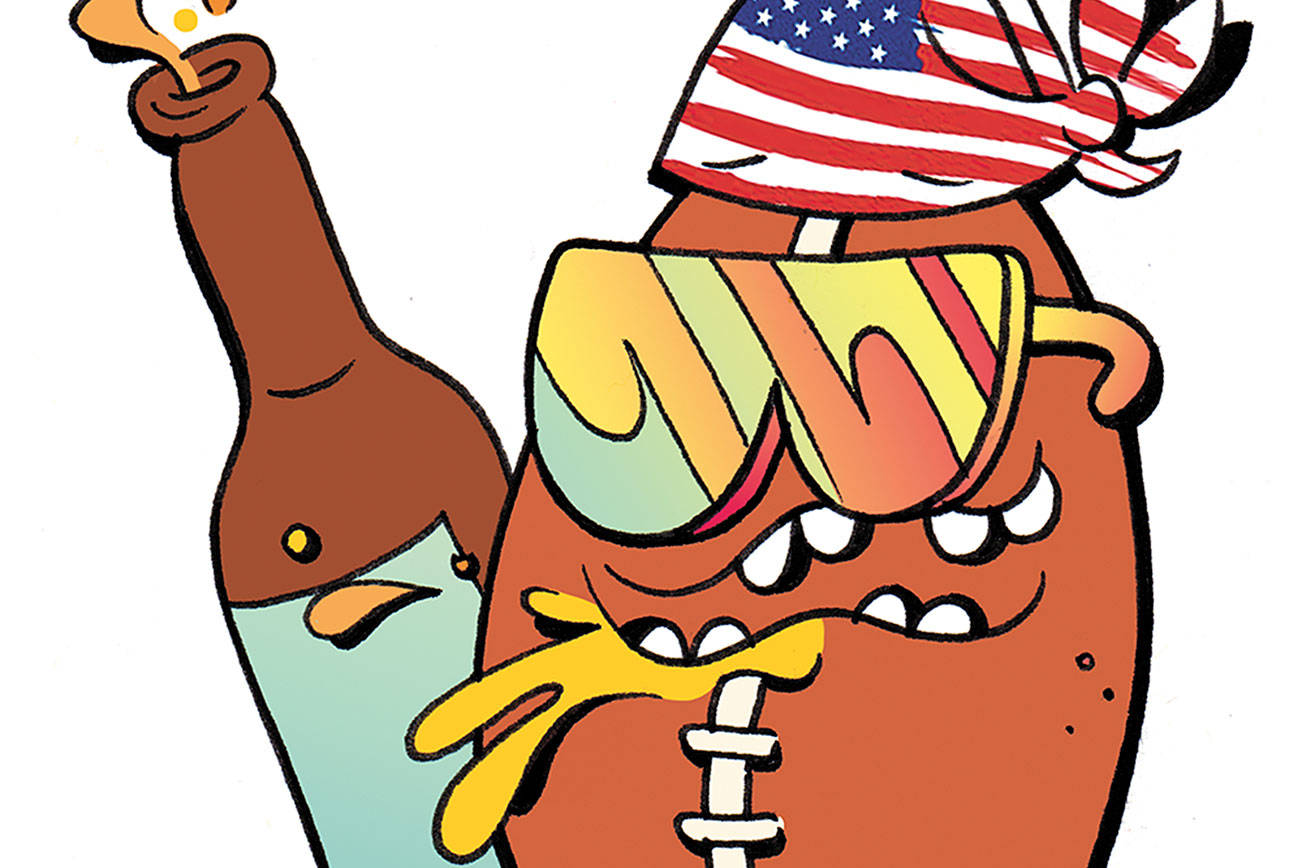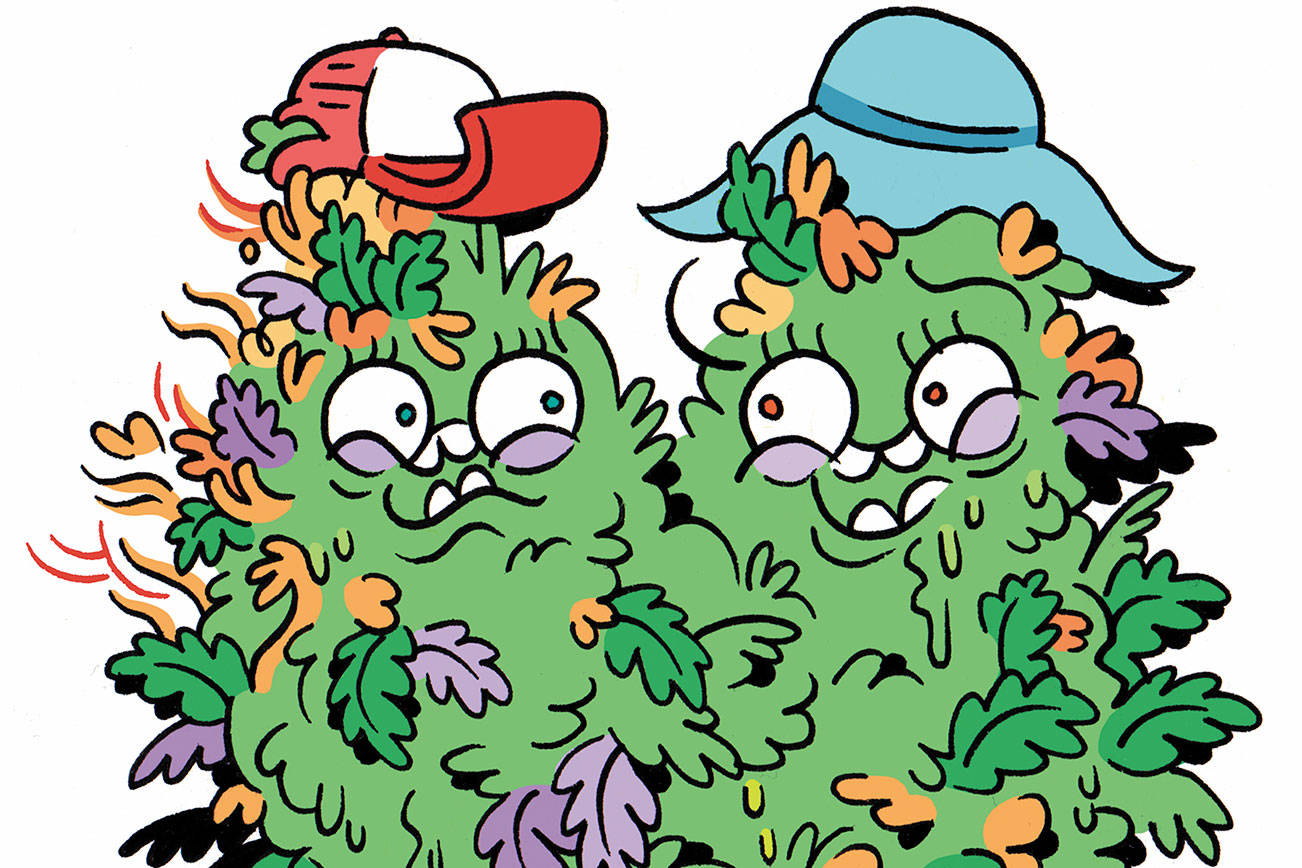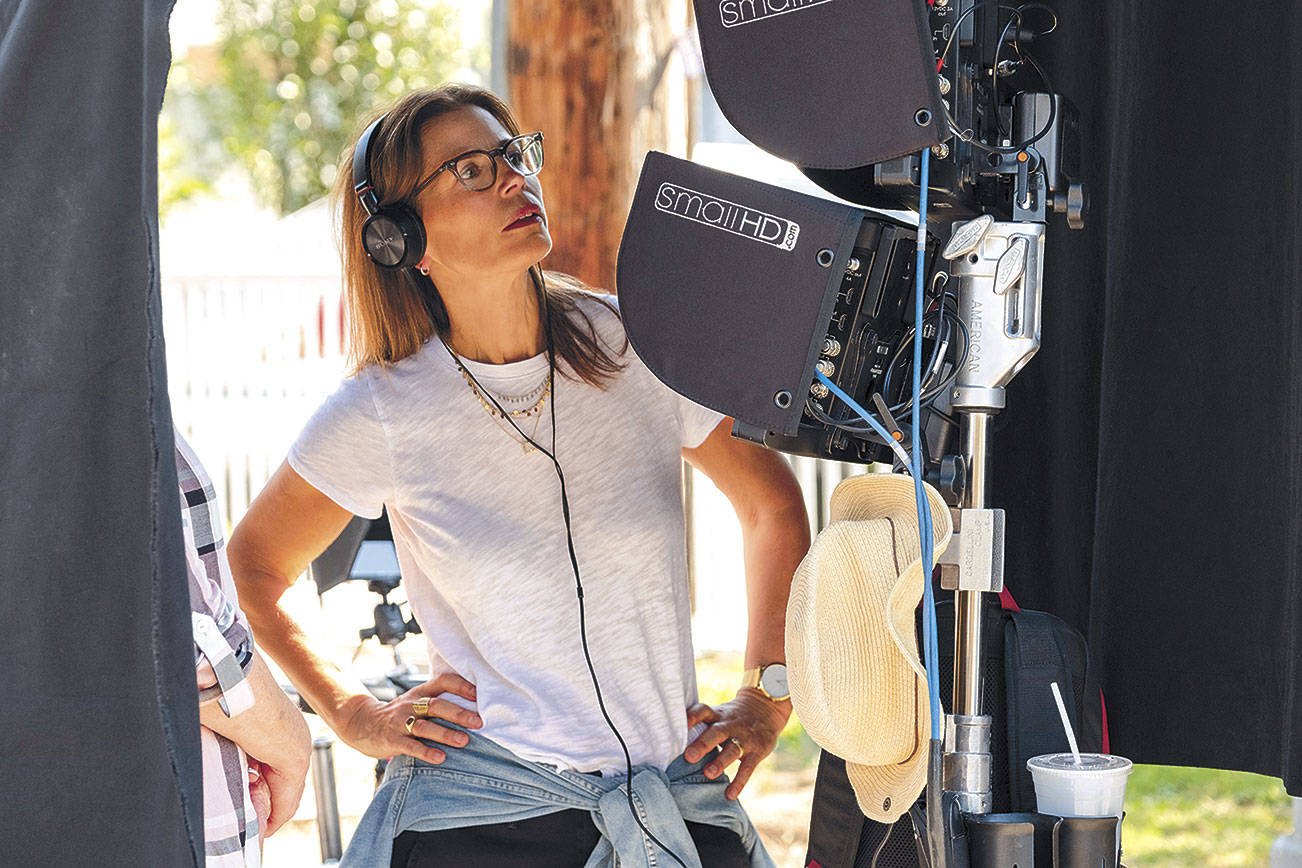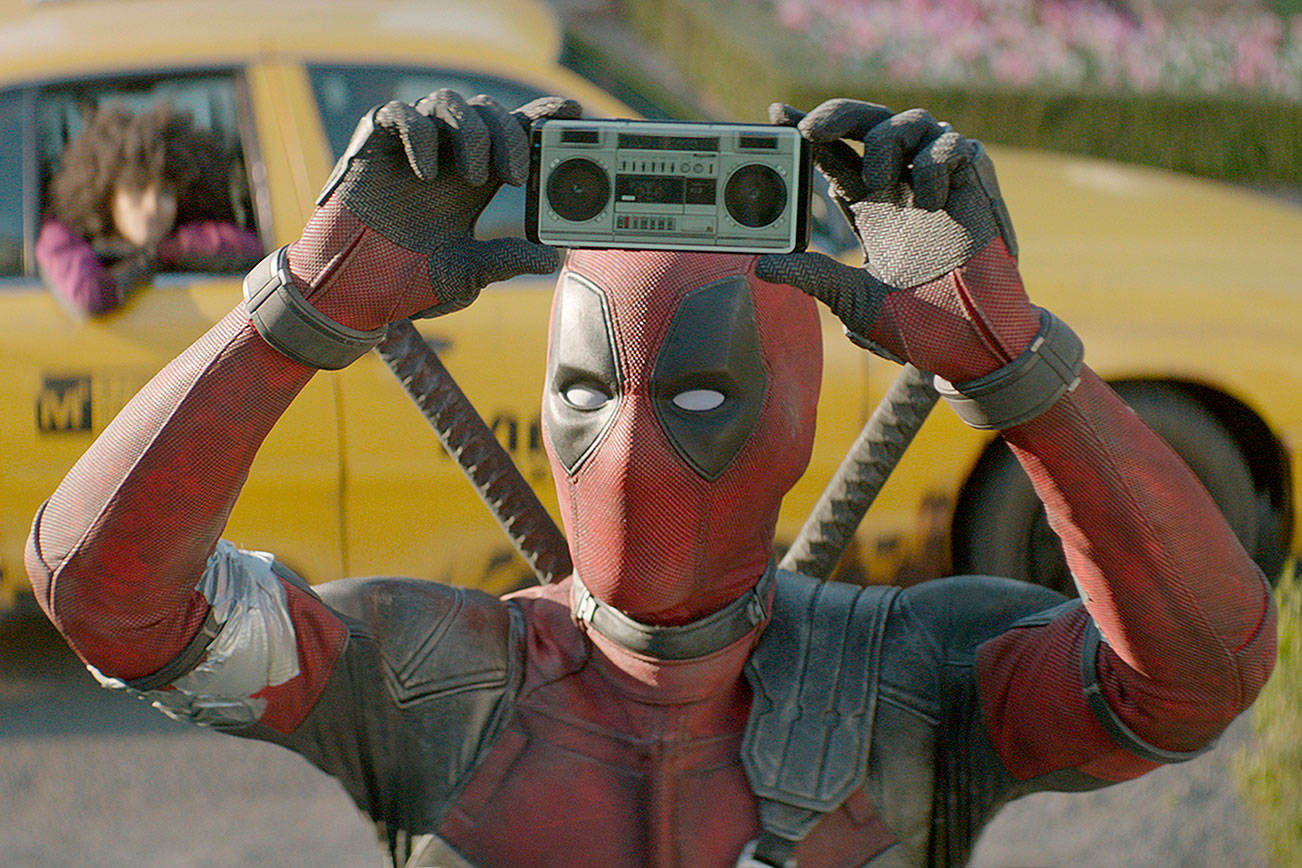This week I’m stepping a little outside the normal cannabis conversation for some Real Talk. Researching my Cannabis Luminaries series, I came to the uncomfortable conclusion that the people who have been the most influential in repealing cannabis prohibition over the past 80 years—or at least the people most often documented as being part of the fight—have been almost entirely straight white dudes.
Surely there are women, people of color, disabled folks, and people from the LGBT community who have played pivotal roles in pushing back at prohibition, right? I can’t seem to find them. The lack of information is unsettling.
It’s not surprising, however. The histories of marginalized communities are routinely rewritten or obliterated entirely. Even in the recent movie Stonewall, depicting the night of the fateful NYC riots and the birth of the Pride movement, the character who throws the first brick at a cop car is depicted as a buff, handsome, manly white guy—not the homeless black drag queen who actually did it. Further, it’s safe to say that if you are part of a marginalized community, your life is already full of complications with The System. Many of these communities simply could not take the risk of publicly associating themselves with contraband of any sort. They still can’t. Until cannabis is reclassified on the federal level, all cannabis in the country is technically illegal.
But this lack of inclusion speaks to a broader picture. To be frank, women, people of color, and LGBT folks have had bigger problems than legalizing weed. For example, according to the Guttmacher Institute, 288 abortion restrictions were enacted in our country in the past four years. Though they make up only 2 percent of the U.S. population, young black men are nine times as likely to be killed by police as any other race in America, says a new report from The Guardian. And I don’t think I need to get into the current national meltdown over trans people simply trying to find a safe place to pee. The urgency to secure legal recreational pot pales in comparison to these larger civil issues.
Even if we just look at pot’s medicinal aspects, we still have to remember it’s actually a privilege in our country to be able to afford basic needs like medicine, whether cannabis or codeine.
I do not want to understate the efforts of men like Jack Herer, Ed Rosenthal, Keith Stroup, or so many others, and I still intend to cover these fascinating characters. These men have made real contributions to the global collective. But I want to hear a different narrative. So I’m asking you, readers, to suggest people of color, women, people from the LGBT communities, and other marginalized communities who have been integral in changing public opinion and the legal status of cannabis. I don’t mean that one time Oprah said “weed” on TV; I mean people who have really been in the trenches of fighting prohibition. I want to tell their stories.
